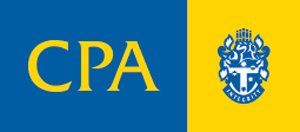O'Donoghue King is a CPA Practice
Blog Post
Coronavirus Stimulus Package Update
Ari King • Mar 16, 2020
Please read our newsletter for information on how the Coronavirus Stimulus Package may affect you and your business. Also, we have provided some information on how employers could handle staff who are required to quarantine due to the virus.
Download File
Share
Tweet
Share
Mail
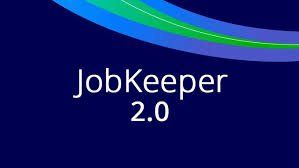
18 Sep, 2020
The Morrison Government has announced an extension to the JobKeeper Payment for businesses who continue to be significantly impacted by the Coronavirus. We have summarised the changes for you, and can assist you in determining whether your business is eligible for JobKeeper 2.0 and what rate you will now need to pay your employees. Please contact our office if you have any questions.

01 Apr, 2020
The third wave of the Government's Coronavirus Stimulus package was announced by the Prime Minister on Monday, March 30. We have summarised the features of this latest announcement, how this payment will affect your business and employees, and how it compares to the JobSeeker Payment previously announced. Please note: the proposed JobKeeper Payment is not yet law. We understand this is a stressful time for many people. As your Tax Agent, we are here to answer your questions as best we can and assist you with obtaining the necessary assistance you and your families need during this time. If you have any questions, please do not hesitate to contact our office by either phone or email.
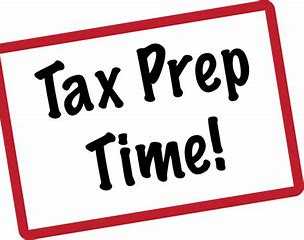
By Ari King
•
12 Jul, 2019
The ATO have invested more money than ever into audits. For every $1 the ATO spends on investigating a lodged tax return, they expect $3 in return for refunds clawed back. This amount is staggering, and it’s why the ATO are focusing on this area. It is important that all income and deductions are declared correctly and can be substantiated. Gone are the days where ‘we put $300 last year, let’s do that again’, as the ATO is using data-matching technology more than ever to verify figures declared in tax returns. The ATO also use benchmarking. They look at the occupation codes on tax returns, and use averaging of income and deductions of other lodged tax returns with the same occupation to determine whether deductions declared are on par. If not, there will more than likely be a flag for an audit. So what are the ATO currently focussing on? Scrutiny of rental deductions In 2017, the ATO examined a random sample of rental property deductions and found that nine out of 10 contained an error. The ATO will be looking very closely at these deductions this year and that its detection methods are becoming more advanced. Work-related expenses still on the radar When it comes to work-related expense claims, the ATO is looking more closely into deductions claimed where employees have not spent the money [for example, standard deductions such as laundry, cents per kilometre car claims], not apportioning expenses where there is private use, and not keeping records to support claims. Even where record-keeping exceptions apply, taxpayers must still be able to show how they calculated the claim. Different instant asset write-off rules While the instant asset write-off threshold for small businesses has been increased to $30,000 and extended to 30 June 2020, the rules for this deduction differed for small business entities and medium-sized business entities for the year ended 30 June 2019. There has also been a common mistake detected by the ATO that some taxpayers are using this deduction for rental properties, and this is not correct. Businesses with a turnover of up to $10 million can claim a deduction for each asset purchased and first used or installed ready for use, up to the following thresholds: $30,000, from 7.30pm (AEDT) on 2 April 2019 until 30 June 2020 $25,000, from 29 January 2019 until before 7.30pm (AEDT) on 2 April 2019 $20,000, before 29 January 2019 Businesses with a turnover from $10 million to less than $50 million are also now eligible for the instant asset write-off for purchases up to $30,000 each. They can claim a deduction for assets purchased and first used or installed ready for use from 7.30pm (AEDT) on 2 April 2019 until 30 June 2020. Extending payment reporting obligations to new industries The Taxable Payments Reporting System (TPRS) has now been extended to cleaning, courier, road freight, information technology (IT), security, investigation and surveillance services. These sectors are considered high risk for black economy activity and those operating in these industries need to report information annually to the ATO about the payments they make to contractors for services. If you require help completing or lodging your 2019 tax return, or are a small business and have questions surrounding the instant asset write-off incentive, the changes in the Taxable Payments Reporting System or need help with the new Single Touch Payroll (STP) requirements, please contact our office on (02) 4325 0314 or click below to email us.

By Ari King
•
22 May, 2019
The rise in the popularity of cryptocurrency and other crypto-assets in recent years has forced the Australian Taxation Office (ATO) to develop ways to track and monitor transactions in this area of investment to ensure taxpayers are declaring any capital gains liabilities when assets are sold for a profit.

By Adam King
•
04 Apr, 2018
Bitcoin and other cryptocurrencies have recently become increasingly popular as an investment, and many SMSF trustees are now considering whether to invest in Bitcoin. However, as this is a relatively new asset class, there is still some uncertainty as to whether it is prudent (or even possible) for an SMSF to invest in Bitcoin.
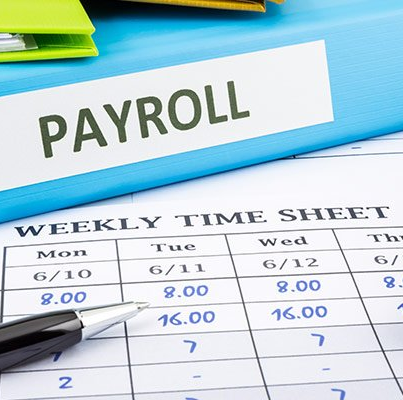
By Ari King
•
16 Feb, 2018
Single Touch Payroll is a reporting change that will be introduced from 1 July, 2018. It means that employers will be required to report payments, such as salaries and wages, pay as you go (PAYG) withholding and super information, directly to the ATO at the same time that they pay their employees
For all your taxation, accounting and SMSF needs, Talk to the professionals at O'Donoghue King!
Contact Details
Address:
Suite 7, 40 Karalta
Road, Erina NSW 2250
Phone:
02 4325 0314
Fax:
02 4323 3463
Location Map
O’Donoghue King Pty Ltd (ASIC No. 1258817) ABN 97 609 259 154 is a Corporate Authorised Representative of Merit Wealth Pty Ltd ABN 89 125 557 002, Australian Financial Services Licence Number 409361. Adam King (ASIC No. 1258816) is a Limited Authorised Representative of Merit Wealth Pty Ltd ABN 89 125 557 002, Australian Financial Services Licence Number 409361. www.meritwealth.com.au |
Privacy Statement |
Click here to download our FSG
© 2024
All Rights Reserved | O'Donoghue King Accountants and SMSF Specialists
Liability limited by a scheme approved under Professional Standards Legislation
